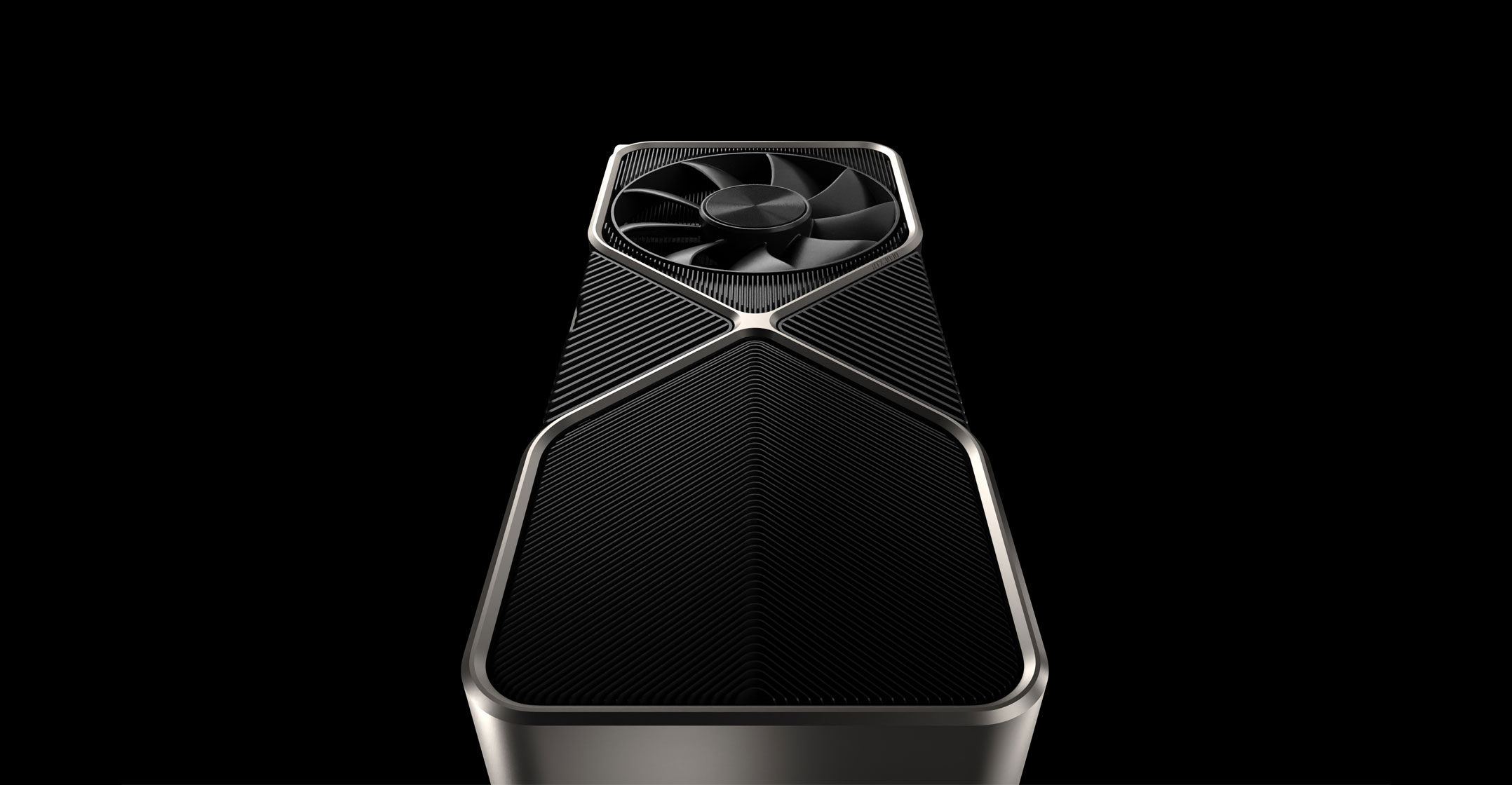 A sharp drop in graphics chip prices could presage an unexpectedly quick ending to a global chip crunch that has crippled manufacturing from smartphones to cars, and the issue will be a central one for companies reporting results this week.
A sharp drop in graphics chip prices could presage an unexpectedly quick ending to a global chip crunch that has crippled manufacturing from smartphones to cars, and the issue will be a central one for companies reporting results this week.
As Intel, Qualcomm and others report, investors will weigh how dampened consumer spending from inflation, China’s Covid lockdown and Russia’s invasion of Ukraine balance out supply chain blockages for microchips.
The trigger is a drop in prices of GPUs, or graphics processing units, which are the brains of gaming machines, and are spreading to other uses.
Analysts at Baird recently downgraded GPU maker Nvidia to “neutral” after prices dropped. So far this year, Nvidia stock is down roughly 31% and rival AMD has fallen about 37%. This compares to a 22% drop on the Philadelphia SE Semiconductor Index. Both companies declined to comment.
GPU prices are still being sold at a premium, but a smaller one. Susquehanna analyst Christopher Rolland earlier this month said that the mark-up over manufacturer suggested retail price or MSRP has fallen to 41% from 77%.
Graphics chips and hardware news site 3DCenter, which tracks graphic chip prices in Europe, reported that the price of AMD’s Radeon RX6000 series and Nvidia’s GeForce RTX30 series, both used for gaming, dropped steadily to less than 20% above MSRP from 80% at the start of the year.
Baird senior analyst Tristan Gerra said that if electronic companies that buy chips expect prices to drop further, they will cut fat inventories, further cutting purchases — and pressuring prices. “It’s a vicious cycle.” Gerra said.
Softening demand
Demand for GPUs may also drop because cryptocurrency ethereum is expected to change the way it operates late this winter, reducing the demand for graphics chips that power systems used to mine the cryptocurrency today, analysts say.
There is a debate over whether the lower prices will spread throughout the chip sector.
Softening demand from PC and smartphone markets is also resulting in price drops of other chips such as leading-edge processors like CPUs and some memory chips, according to Summit Insights Group analyst Kinngai Chan, who expects the supply of some other chips made on older machines to face overcapacity in the second half of this year.
But Bank of America said the weakness in the gaming or cryptocurrency mining segments could be balanced by strength in data centre demand for graphic chips and has reaffirmed its “buy” rating for Nvidia.
Meanwhile, major chip manufacturers, including Intel and TSMC, plan multibillion-dollar expansions.
“Between all the fab investments and then all the bullishness that the shortage wasn’t going to end until 2023, 2024, we said we could see a glut coming,” that extends beyond graphics chips, said TechInsights’ Dan Hutcheson, who has been following chip supply and demand for over 40 years. — Jane Lanhee Lee, Chavi Mehta and Noel Randewich, (c) 2022 Reuters




